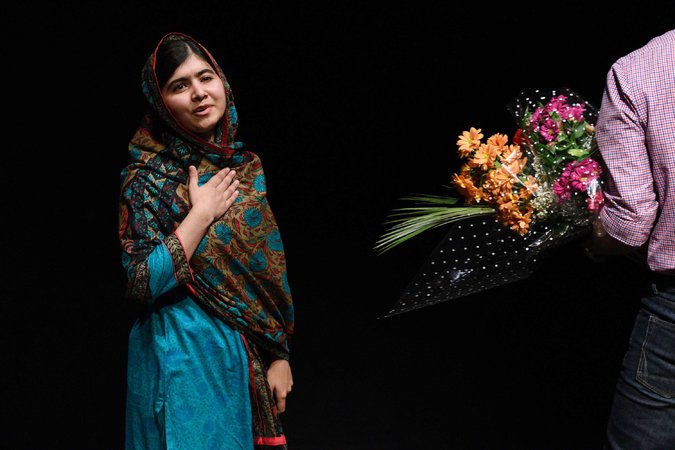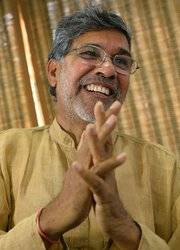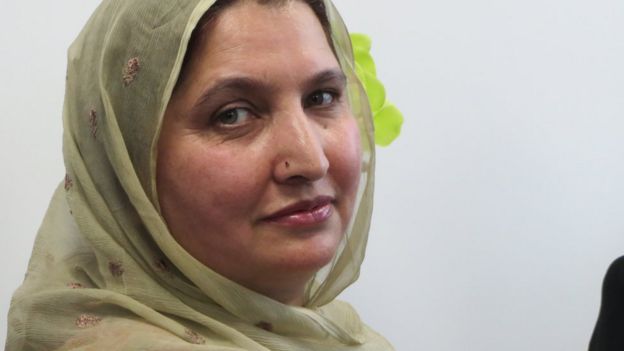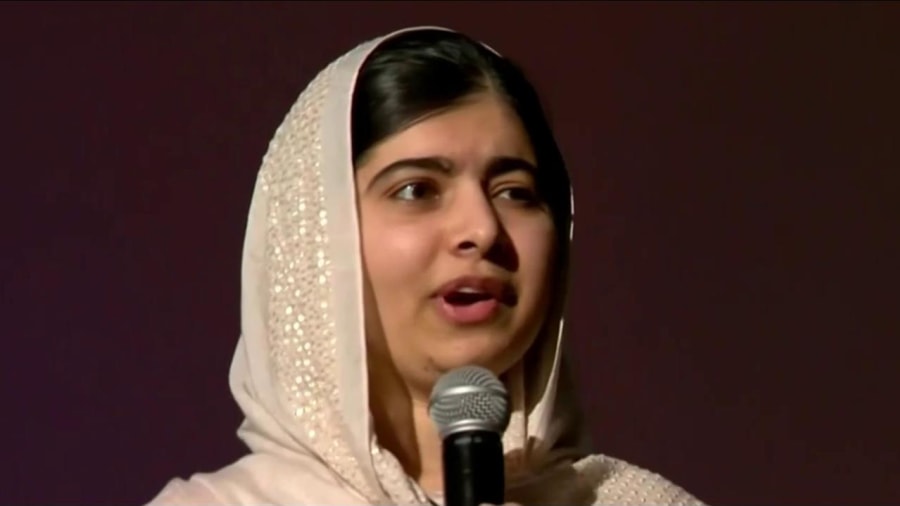- Banned
- #1
Pakistani child education activist Malala Yousafzai, 17, has made history as the youngest Nobel peace prize winner. She is to share the prize with Indian child rights activist Kailash Satyarthi.
The teenager was shot in the head in 2012 for campaigning for girls' education. Taliban claimed responsibility for the attack.
Source: Malala Makes History as the Youngest Nobel Peace Prize Laureate - eReporter
The teenager was shot in the head in 2012 for campaigning for girls' education. Taliban claimed responsibility for the attack.
Source: Malala Makes History as the Youngest Nobel Peace Prize Laureate - eReporter








